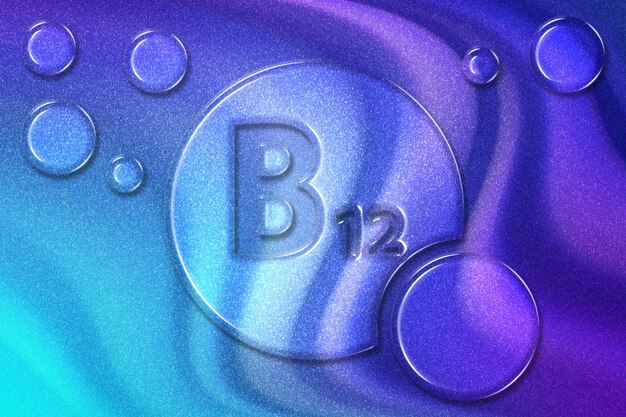Four Facts About Adenosylcobalamin
Common sources of B12 include fish, meat, and dairy products. For anyone unable to digest or absorb the nutrient (which can happen with age), or anyone with dietary restrictions preventing consumption of these foods, supplementation is an absolute necessity. Here are four facts about adenosylcobalamin that will explain its function and efficacy.
Adenosylcobalamin Is Converted to Methylcobalamin
Dietary sources of B12 come in the form of hydroxocobalamin. Many supplements use the artificial form of B12 — cyanocobalamin — because it’s cheaper and highly stable. In recent years, methylcobalamin, the form of B12 the body uses, has become a popular supplement.
Whichever form of B12 is ingested, the body will convert it to methylcobalamin. As a side note, methylcobalamin doesn’t require conversion and goes straight to work without any unnecessary energy expenditure. This form of B12 flows through the bloodstream and goes to work by protecting the brain, removing toxins, and converting homocysteine to methionine. In further reactions, methionine contributes a methyl-group to create adenosyl, and ultimately adenosylcobalamin.
Metabolic Effects of Adenosylcobalamin
The Citric Acid cycle, or Kreb’s cycle, is the process by which mitochondria create ATP, or cellular energy. During this process, adenosylcobalamin must assist in the conversion of methylmalonyl-CoA to succinyl-CoA. Without this process, the Citric Acid cycle fails. This results in cellular damage and potential DNA and RNA damage, setting the stage for degenerative disease. Early symptoms of this issue manifest as fatigue or early aging.
How to Determine Adenosylcobalamin Deficiency
High levels of Methylmalonic Acid (MMA) in the blood or the urine reflect inadequate adenosylcobalamin levels. One study found people with reported MMA levels of .27 micromoles per liter or higher (.26 or above indicates B-12 deficiency) may show higher homocysteine levels, while those at .60 may suffer from neurological issues. Testing for MMA will reveal whether the body is adenosylcobalamin deficient.
Supplementing With Adenosylcobalamin
Although it’s a natural and essential form of B12, adenosylcobalamin is not stable in a pill form (unlike cyanocobalamin) so it’s not commonly used in B12 supplements unless it’s a liquid formulation. Our Vitamin B12 is a liquid B12 supplement I developed that contains methylcobalamin and adenosylcobalamin, but also contains hydroxocobalamin for long-lasting, sustained support with 5,000 mcg of B12 per serving. It’s absolutely ideal for getting your daily requirements of B12 and perfect for those with an increased risk of B12 deficiency, especially older adults, vegetarians, and vegans.

